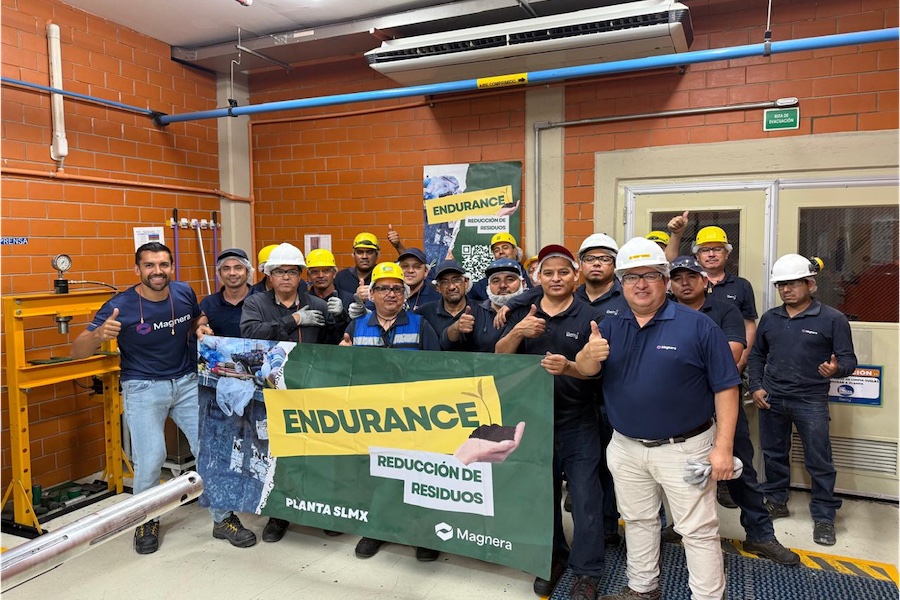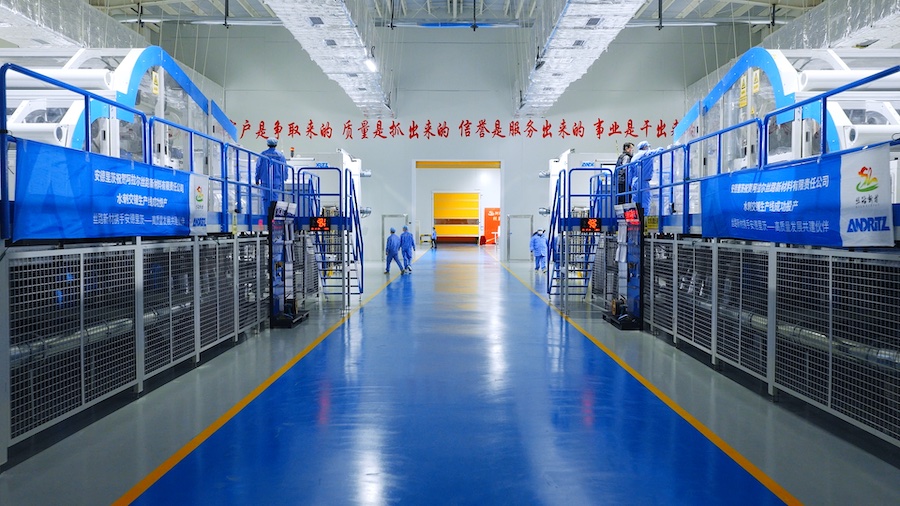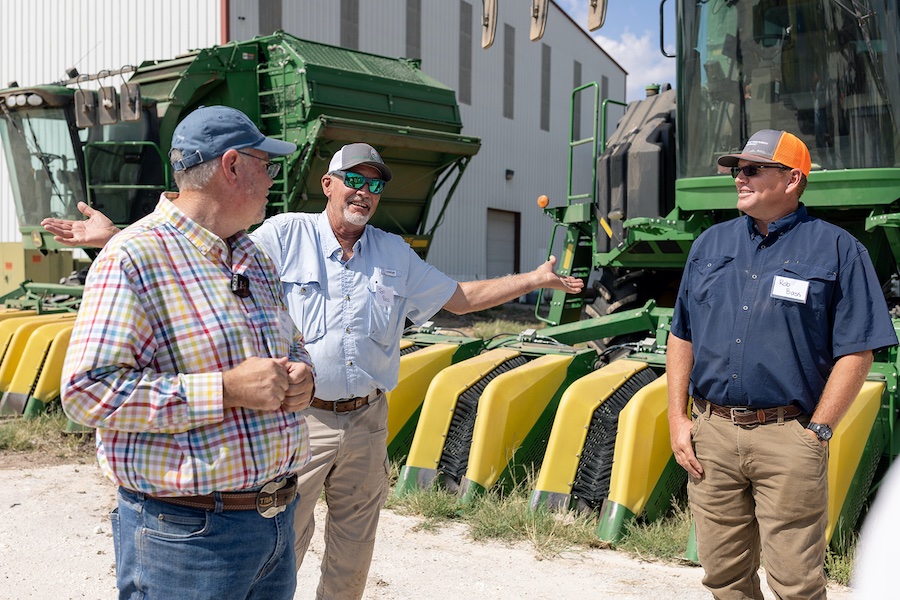#Sustainability
New paper sets out considerations for the responsible use of LCA data across the fashion, textile, and apparel industry
This paper, Ensuring Integrity in the Use of Life Cycle Assessment Data, provides guidance on how to use LCA data, and—equally importantly—how it should not be used.
It also promotes the need to move beyond what is currently covered in LCA methodology to capture a more holistic view, including nature, animal welfare, and social impacts.
The paper is intended for anyone looking to develop a greater understanding of the use of LCA data in the textile industry—particularly for brands using LCA data directly or those who rely on it for their impact modeling or progress tracking.
The paper includes a call for industry-wide integrity in the use of LCA data, listing key recommendations, such as:
+ Only using LCA data when there is a full understanding of the key assumptions, methods, and use cases. To help, all assumptions, methodological decisions, limitations, and underlying datasets should be fully documented in studies.
+ Not comparing LCA data between:
+ + Fiber or material categories or geographies, for example between natural and synthetic fibers.
+ + Separate LCA studies, or within a study, unless it is specifically a comparative LCA study.
+ + Different industry databases, which collect and store LCA data, as each of these databases applies differing methodologies and assumptions.
+ Consideration of an LCA+ approach that includes measuring impact areas such as biodiversity, soil health, animal welfare, and livelihoods.
The paper also includes sections on:
+ Understanding Life Cycle Assessment, including a definition of what it is, why it’s used, and the steps to follow to conduct an LCA study.
+ The challenges and limitations of using LCA in the textile industry.
+ Textile Exchange’s work with LCA studies.
The paper forms part of Textile Exchange’s commitment to convening actors across the supply chain to improve the impact data available for the industry. The paper is complimentary to other work and guidance being developed across the fashion, apparel and textile industry on the responsible use of LCA data. Currently, Textile Exchange is running seven LCA studies across different material types and diverse geographies globally to help fill some of the significant data gaps. Where relevant and possible, the studies will include an LCA+ approach.
These will be released between the end of the year and 2027 in the following order:
+ Cotton (organic, conventional, regenerative practices, and recycled), Q4 2025
+ Cashmere, Q4 2025
+ Responsible Mohair Standard (RMS) mohair, Q4 2025
+ Polyester (recycled and virgin), Q4 2025
+ Responsible Wool Standard (RWS) wool, Q2 2026
+ Leather (bovine, ovine, and caprine), Q5 2026











